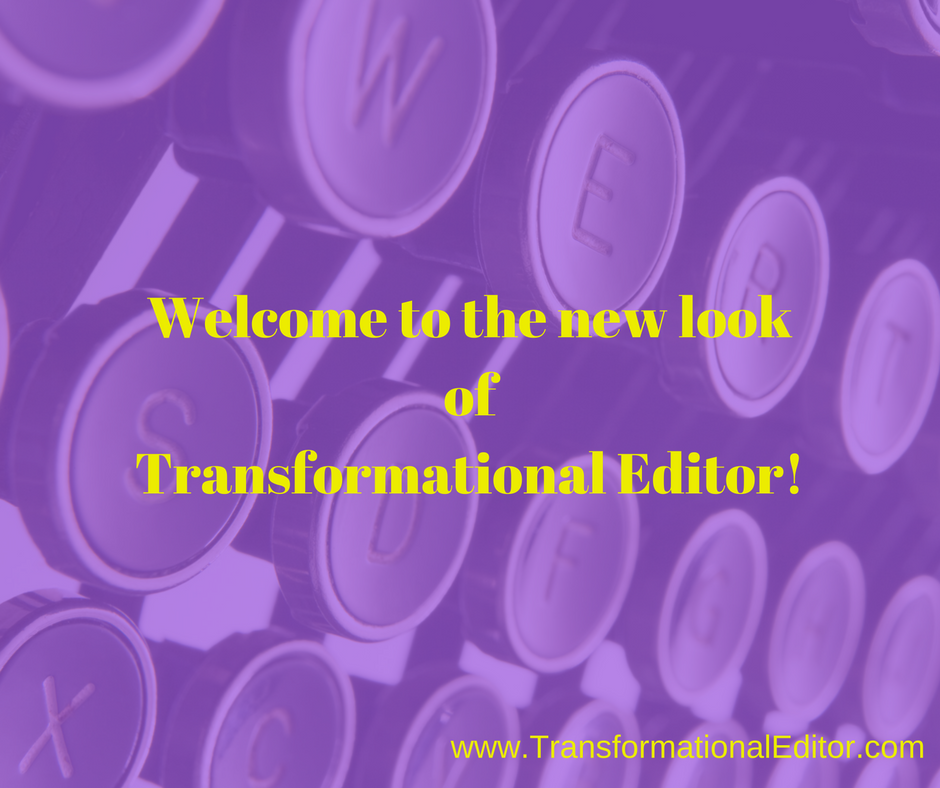How do you know when it’s time to give up and quit writing? Well, there are four times it’s right to make that decision.
You have nothing new to say
You wrote and published a book. Maybe its inspiration was a period of devastation in your life. Perhaps you revealed your secret to money management or crock-pot wizardry. You’re happy to have served your readers, to have made their lives easier.
Or you woke in a fever one midnight and with half-closed eyes, writing by the light of the digital clock, you jotted down the highlights of a multi-dimensional dream. And just for fun, you decided to turn your dream into a book.
Now, family and friends are asking when you’re going to write something new. But you’re perfectly happy with what you’ve accomplished. You’re not remotely interested in spending any more of your life on something that was fun the first time you did it but would be a drag to recreate. There’s so much living that you haven’t experienced. And none of it is between the pages of another book.
Writing only one book is okay. If it covered everything you wanted to express, you’re done. Don’t let family or the public push you into something you won’t enjoy. Believe me, neither you or your fans will be happy with the results.
You’ve lost touch with the world around you
If you’re attached to your laptop through an umbilical cord, it’s time to revisit the real world.
Without going new places, meeting new people, your writing veers into staleness. There’s nothing fresh in your stories. All your characters share the same life perspective. Your readers all say, “Ho hum.”
Make it a point to meet friends somewhere you’ve never been before. Take a weekend trip to research a location for a scene in your story. Try new foods, swim new oceans, speak new languages. Get in touch with the world, and your readers will stay in touch with you.
You’ve reached the point of exhaustion, and you’re phoning it in
The joy spark is still there. You can’t wait to get to the keyboard each morning. But you’ve been going too long, too fast, and too late. Your energy needle is two pegs below Empty.
It doesn’t matter how much you love what you do. How many fans are clamoring for your next book. Or even which wicked smart author is speaking at the next convention. You can’t run on empty and serve yourself or others.
If you don’t give yourself some “Me” time, you’ll burn out like a waterlogged incense stick.
Build opportunities to recuperate and rejuvenate right into your schedule. Take at least one hour each day for something that lets your mind rest. That may be a TV show, listening to your favorite music, or as simple as mindfully eating dinner. Every time you reach a milestone in your manuscript, reward yourself with one day that’s all about you. The week after launching your newest book, reserve a room in a quiet bed and breakfast and do nothing but sleep, eat, and find your center. Once you’re mellow, you’ll be amazed at the speed at which your brain operates when you’re ready to work once more.
You want to crush your laptop beneath an M1A2 Abrams Tank—repeatedly
When you wake in the morning, drag the pillow over your head, and can’t bear the thought of sitting at the keyboard for even one minute, maybe you honestly don’t want to write.
If you’re not writing for the sheer joy of watching something come to life beneath your fingertips, you’re struggling needlessly.
That’s not to say that every day of writing is going to be all sunshine, rainbows, and unicorns. Not even! But there should always be a glimpse of satisfaction in creating worlds with words, even if it’s hidden deep beneath family worries and job stresses.
If you find yourself resenting every writing assignment, hating every moment you spend working on a story, it’s time to take a hard look at your dreams.
Have your life goals changed? If you no longer (or never did) find soul satisfaction in writing for yourself or your readers, there’s no law that you can’t make changes to your life. No matter your age. No matter your circumstances.
Don’t continue down the fork of the road labeled “Writer” if you’d rather be a rodeo bull rider or a surgeon. Toss your pens and notebooks into a drawer and race down the path labeled “Possibilities.” There’s no way to tell how another dream fits until you try it out. You may be surprised to find yourself back at the fork to “Writer.” Happier, and with new experiences to fold into your writing. Or you may forge new trails on a new career that fulfills you every day.
No one but you can decide if writing is right for you. And no one but you can turn that decision into a successful career. But you’ll do your best work, enjoy it longer, and serve yourself and your fans best if you learn when to quit writing—for a while or for good.
If you’d like to work with me this year, I have one spot open through the end of the year. Email me at Suzanne@TransformationalEditor.com and let’s start a conversation about how I may help you attain your writing dreams.



